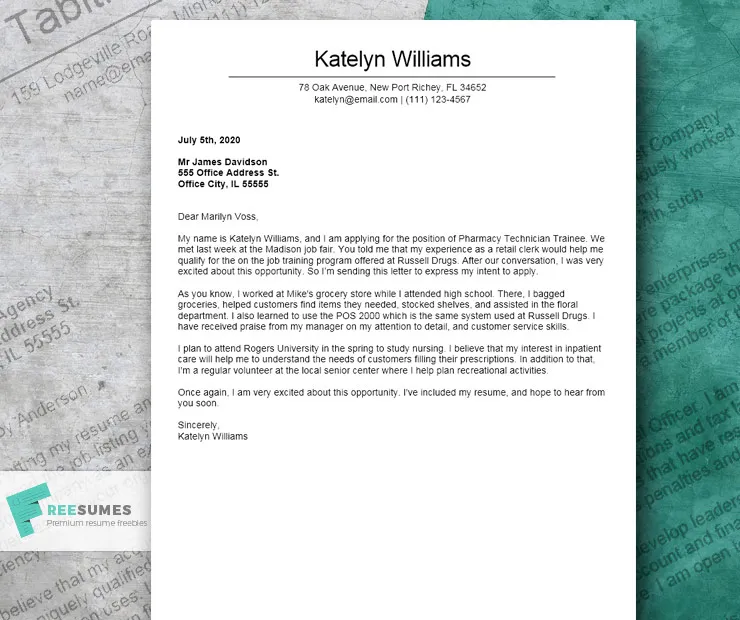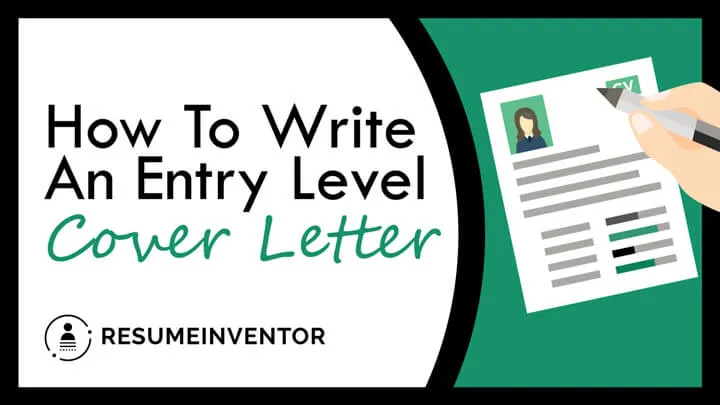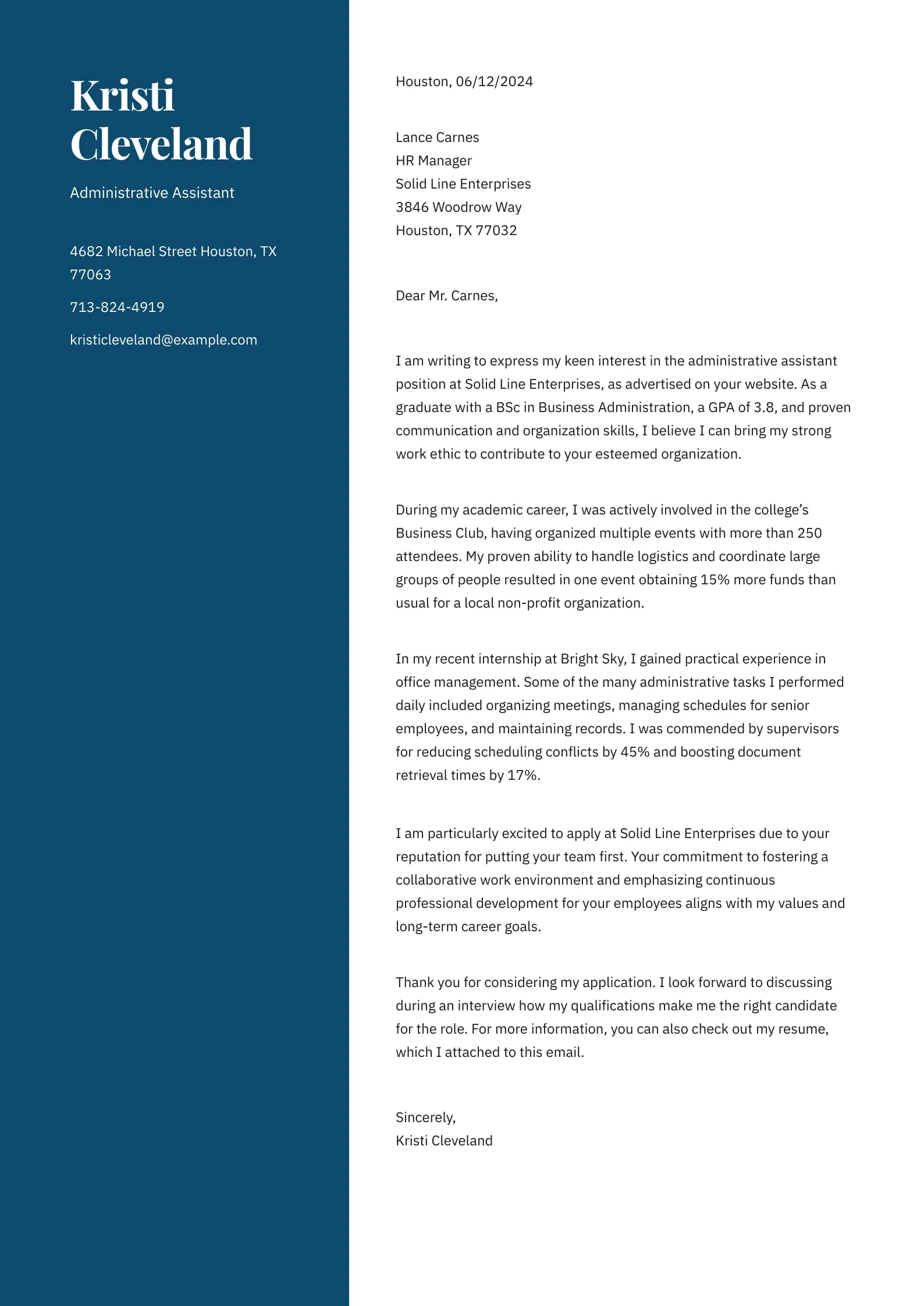Why a Cover Letter Matters for Entry Level
In the competitive landscape of entry-level job applications, a well-crafted cover letter can be your secret weapon. It’s not just a formality; it’s your opportunity to go beyond the confines of your resume and tell your story. For entry-level candidates, a cover letter provides a critical platform to demonstrate your personality, passion, and potential – aspects that might not always shine through in a list of experiences. A cover letter is your chance to show that you’re not just sending out generic applications; you’re genuinely interested in the specific role and the company. Employers often use cover letters to assess your communication skills, writing abilities, and attention to detail. A compelling cover letter quickly grabs their attention and shows your enthusiasm to get the job, while a poorly written one can land your application in the ‘reject’ pile. It gives you a prime position to explain any gaps in your experience, highlight transferable skills, and directly address the employer’s needs. Essentially, it is your first introduction to the hiring manager. It should be used to impress them from the beginning.
Highlight Your Skills & Experiences
Entry-level positions often target candidates with limited professional experience. Therefore, emphasize what you have. Think about your academic achievements, volunteer work, internships, and any relevant projects you’ve undertaken. The goal is to show the employer what you’ve learned. Begin by listing the skills required in the job description and then identify instances where you’ve used them. This may have come from coursework, extracurricular activities, or personal projects. Show them how your skills align with what the company needs. Think about the skills you have: are you a strong communicator? Are you a fast learner? Can you work as a team? You can also reference transferable skills. These are abilities and knowledge that can be used in a range of jobs, even if the skills were not obtained in a professional setting.
Tailor Your Cover Letter

Generic cover letters often read as if they could be sent to any company, and they come across as impersonal and uninterested. Employers can easily spot these mass-produced letters, and they rarely make a positive impression. To avoid this, take the time to customize each cover letter for the specific role and company you’re applying to. Do your research. Read the job description carefully. Identify the key requirements and tailor your letter to address them directly. Show that you understand the company’s mission, values, and culture. Explain why you are interested in this particular role and organization, and what specifically attracts you to them. Tailoring your cover letter demonstrates your genuine interest and shows the employer that you’ve put in the effort. When you customize a cover letter, you improve your chances of grabbing the recruiter’s attention and conveying that you are a great fit for the company.
Focus on Achievements
Rather than simply listing your responsibilities in past roles or activities, use the cover letter to showcase your achievements. Even if you don’t have extensive work experience, you can highlight accomplishments from your academic projects, volunteer work, or any other experiences that demonstrate your capabilities. Use action verbs to describe your accomplishments, and whenever possible, quantify your achievements with data and results. For example, if you volunteered for an event, mention the number of attendees or the amount of money raised. This helps the employer understand the impact you made. Show you can deliver results. By focusing on your achievements, you’re providing concrete evidence of your skills, abilities, and potential to succeed in the role.
Showcase Your Enthusiasm
Your cover letter is your opportunity to demonstrate genuine enthusiasm for the role and the company. Avoid sounding generic or detached. Instead, convey your excitement and passion through your writing. Share what specifically excites you about the opportunity and why you are eager to contribute to the team. Mention how you learned about the position and why you felt drawn to the role. When you are writing, use energetic language and positive statements. Expressing enthusiasm helps you to make a strong first impression. By showcasing your passion, you show that you’re not just looking for any job; you’re specifically interested in this one.
Proofread and Polish

Before submitting your cover letter, take the time to proofread it meticulously. Typos, grammatical errors, and formatting mistakes can undermine your credibility and make you appear careless. Read through the document several times, and consider asking a friend, family member, or career advisor to review it. Pay attention to the details, ensure your letter is free of errors, and that it flows well and is easy to read. A polished cover letter reflects your professionalism and attention to detail. It shows that you take pride in your work and that you are committed to presenting yourself in the best possible light. Taking the time to proofread is a small step that can make a significant difference in the impression you make on potential employers.
